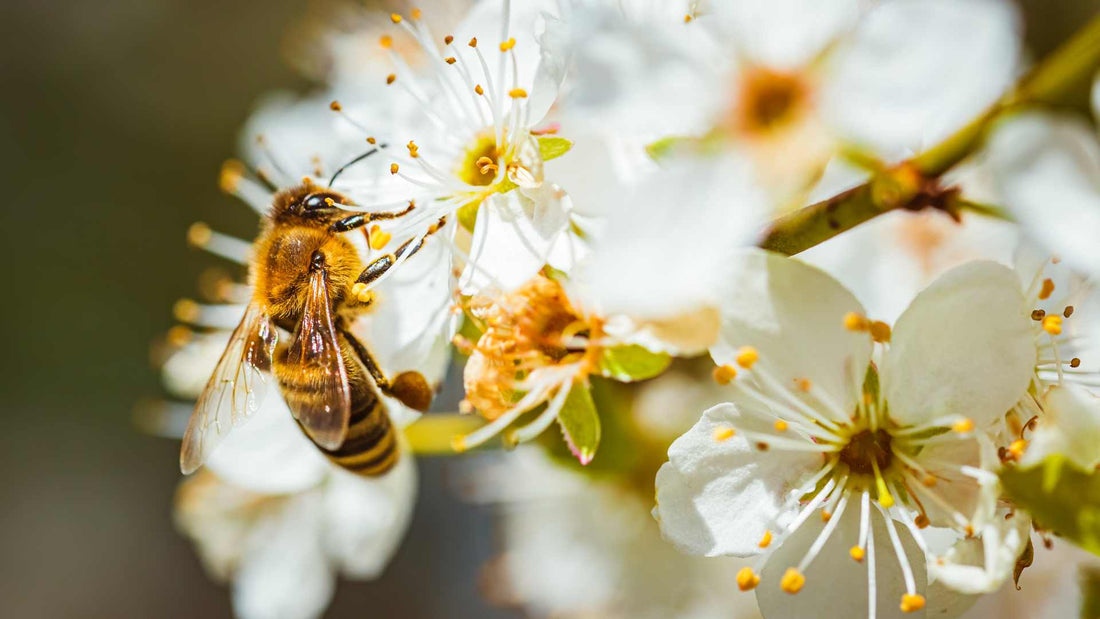
The Crucial Role of Bees in Our Ecosystem
Share
Bees are often associated with honey, but their importance goes far beyond just producing this sweet treat. These buzzing insects play a crucial role in our ecosystem, supporting biodiversity and food production. In fact, bees are responsible for pollinating a significant portion of the world's crops, making them essential for our food security and the health of our planet.
Why are bees important for pollination?
Pollination is the process of transferring pollen from the male parts of a flower to the female parts, which leads to fertilization and the production of seeds. Bees are highly efficient pollinators due to their unique biology and behavior. As they fly from flower to flower in search of nectar, pollen sticks to their bodies and is carried from one flower to another, allowing for cross-pollination.
It is estimated that bees are responsible for pollinating around 75% of the world's flowering plants, including many fruits, vegetables, and nuts. Without bees, these plants would struggle to reproduce and produce the fruits and seeds we rely on for our diets.
What are the benefits of bee pollination?
The benefits of bee pollination extend far beyond the production of food. When bees visit flowers, they transfer pollen and help plants reproduce. This process leads to genetic diversity, which is essential for the long-term survival of plant species. Additionally, cross-pollination can result in stronger and more resilient plants, better able to withstand diseases, pests, and environmental changes.
Furthermore, bee pollination supports the growth of wildflowers and other plants, providing habitats and food sources for other wildlife. This biodiversity is crucial for maintaining healthy ecosystems and preserving the balance of nature.
What threatens bee populations?
Despite their importance, bee populations are facing numerous threats that put their survival at risk. One of the main factors is habitat loss. As natural landscapes are converted into agricultural or urban areas, bees lose their nesting sites and sources of food.
Pesticides also pose a significant threat to bees. Certain insecticides, such as neonicotinoids, can be toxic to bees and impair their ability to navigate, forage, and reproduce. These chemicals can accumulate in the environment and have long-lasting effects on bee populations.
Climate change is another concern for bees. Rising temperatures, changes in rainfall patterns, and extreme weather events can disrupt the timing of flowering plants and the availability of nectar and pollen, making it harder for bees to find food.
What can we do to help bees?
Protecting bees and ensuring their survival is a collective responsibility. Here are a few actions we can take to support these vital pollinators:
- Plant bee-friendly flowers and create pollinator-friendly habitats in our gardens and public spaces.
- Avoid using pesticides, especially those that are harmful to bees.
- Support local beekeepers and buy honey from sustainable sources.
- Spread awareness about the importance of bees and their role in our ecosystem.
By taking these steps, we can contribute to the preservation of bee populations and the health of our planet. Remember, bees are more than just honey producers – they are essential pollinators that play a vital role in maintaining the delicate balance of our ecosystem.




